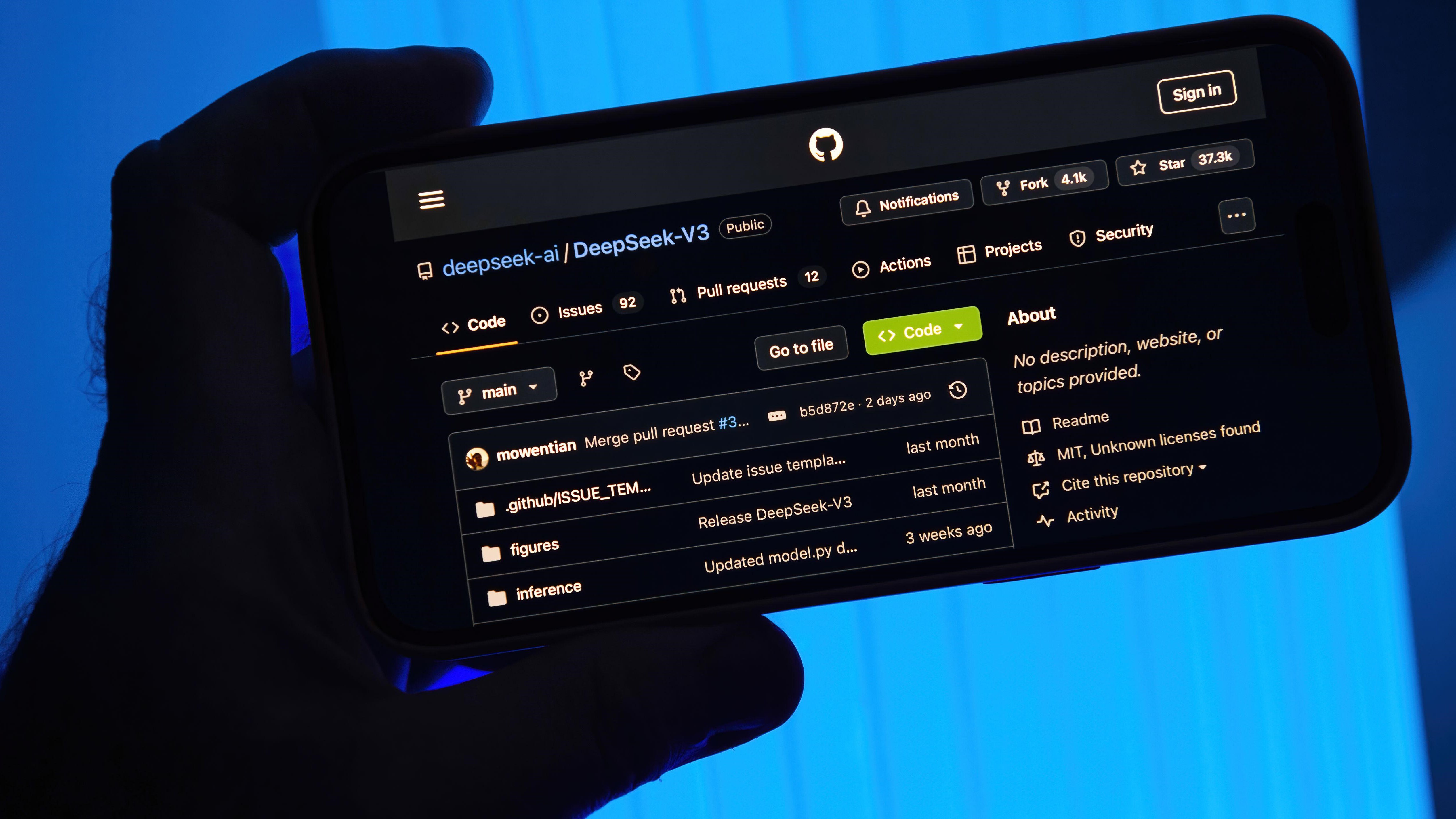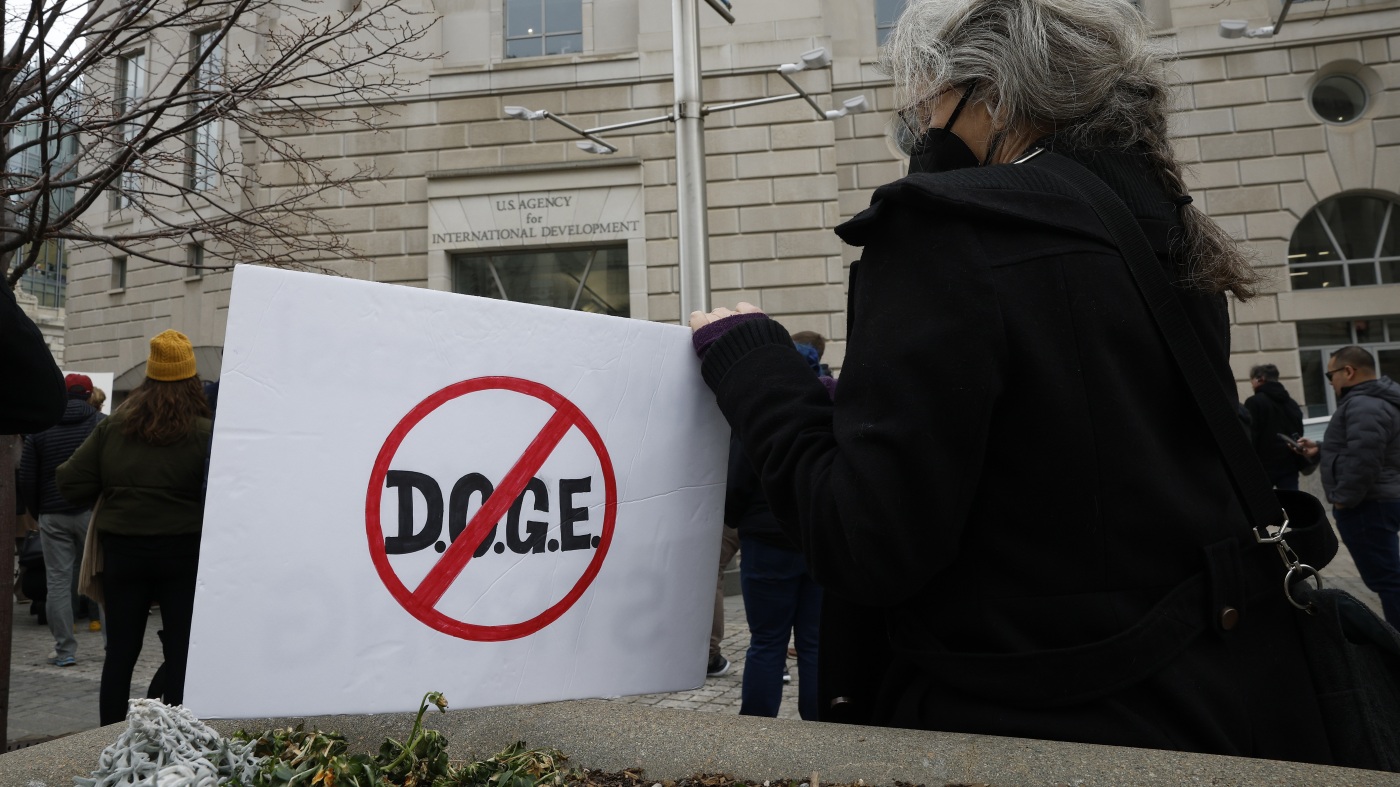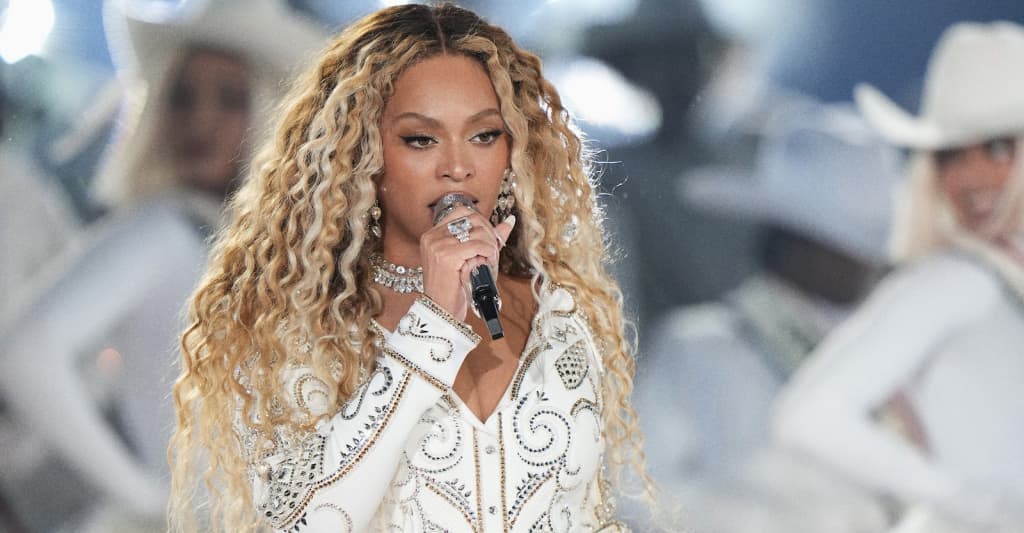Super Bowl 2025 overtime rules: Time allowed, coin toss and how the format works for regular season and play-off games
The NFL overtime rules can seem a bit complicated – even more so for casual fans should the Super Bowl go the distance this weekend. Every couple of years there are changes to the rules that can make it difficult for die-hard supporters to keep up at times. NFL officials have some of the toughest jobs in all of professional sportsGetty Images - Getty To make it even more confusing, the overtime rules are slightly different in the regular season than they are in the postseason, including the Super Bowl. Not by much, but there is a huge difference, which will be explained. How does overtime usually work? When the clock hits zero at the end of the game and the score is tied, the game will go into overtime. The overtime period is an extra 10-minute quarter where each team receives two timeouts. To determine who receives the ball first, both teams will send a player to centerfield and participate in a coin toss, exactly like the one that takes place at the beginning of every game. The visiting team will still be the one to call the coin toss, which will determine who gets the ball first and who defends which side of the field. Both teams will have an opportunity to possess the ball, unless the team that receives the ball first goes down the field and scores a touchdown. In that case, the game is over and the losing team does not get a chance at a rebuttal. However, if the team that receives the ball first only scores a field goal on their first possession, then the second team will get a chance to either kick a field to extend the game, or win the game with a touchdown. NFL ref Carl Cheffers does the coin toss ahead of Chiefs vs Eagles at Super Bowl LVIIGetty Images - Getty If the team that receives the ball first comes away without any points, then the second team will only need to kick a field goal to win the game. If neither team scores on their initial possession, then it becomes a true sudden-death period, where the next score wins. If the game is still tied at the end of the overtime period, then the game will result in a tie. There are no coach’s challenges in overtime, as all instant replay reviews are initiated by the officials. How is overtime different in the Super Bowl? The most notable difference in the overtime period in the postseason than the regular season, is that even if the team who receives the ball first scores a touchdown, the second team will still get the opportunity to receive the ball and score a touchdown to extend the game. This rule change was the result of Patrick Mahomes and the Kansas City Chiefs beating Josh Allen and the Buffalo Bills in one of the most memorable play-off games of all time. The Chiefs won the Super Bowl in overtime against the 49’ers last seasonGetty Images In the divisional round in 2021, the Chiefs received the ball first in overtime and drove down the field for a touchdown, and the game was over. Allen never touched the ball in OT. This left a lot of people upset and with a sour taste in their mouths. That prompted the rule change where no matter what, both teams will get a possession. If the score is still tied at the end of an overtime period — or if the second team’s initial possession has not ended — the teams will play another overtime period. Play will continue regardless of how many overtime periods are needed for a winner to be determined. If there is more than one overtime period, there will be a two-minute intermission between each period, however there will not be a halftime intermission after the second period. As opposed to the two timeouts each team gets in the regular season OT period, each team receives three timeouts for the postseason OT period. If somehow there is still no winner at the end of a fourth overtime period, then there will be another coin toss, and play will continue until a winner is declared. That wasn’t so complicated, was it? Read More on Super Bowl LIX All you need to know about Super Bowl LIX as Kansas City Chiefs battle Philadelphia Eagles in New Orleans ‘Bigger than Taylor Swift’ – Illegal rentals, 26,000 hotel rooms and the $500m refit behind Super Bowl of Super Bowls Emotional Travis Kelce and brother Jason broke down in tears remembering mom Donna’s powerful Super Bowl cameo Secret meaning to ‘eight stars’ in NFL logo revealed as fans stunned before Chiefs-Eagles Super Bowl Patrick Mahomes vs Tom Brady after first seven years as a starter reveals there’s only one winner in quarterback debate Who is performing the Super Bowl halftime show and who will be singing the National Anthem? FOLLOW – talkSPORT End Zone YouTube Channel brings you all the latest news, views and analysis OFFER – See all Super Bowl odds and bet boosts over at talkSPORT BET BUY HERE – Brewdog launches new beer to celebrate Super Bowl 2025 How to follow the 202

The NFL overtime rules can seem a bit complicated – even more so for casual fans should the Super Bowl go the distance this weekend.
Every couple of years there are changes to the rules that can make it difficult for die-hard supporters to keep up at times.

To make it even more confusing, the overtime rules are slightly different in the regular season than they are in the postseason, including the Super Bowl.
Not by much, but there is a huge difference, which will be explained.
How does overtime usually work?
When the clock hits zero at the end of the game and the score is tied, the game will go into overtime.
The overtime period is an extra 10-minute quarter where each team receives two timeouts.
To determine who receives the ball first, both teams will send a player to centerfield and participate in a coin toss, exactly like the one that takes place at the beginning of every game.
The visiting team will still be the one to call the coin toss, which will determine who gets the ball first and who defends which side of the field.
Both teams will have an opportunity to possess the ball, unless the team that receives the ball first goes down the field and scores a touchdown.
In that case, the game is over and the losing team does not get a chance at a rebuttal.
However, if the team that receives the ball first only scores a field goal on their first possession, then the second team will get a chance to either kick a field to extend the game, or win the game with a touchdown.

If the team that receives the ball first comes away without any points, then the second team will only need to kick a field goal to win the game.
If neither team scores on their initial possession, then it becomes a true sudden-death period, where the next score wins.
If the game is still tied at the end of the overtime period, then the game will result in a tie.
There are no coach’s challenges in overtime, as all instant replay reviews are initiated by the officials.
How is overtime different in the Super Bowl?
The most notable difference in the overtime period in the postseason than the regular season, is that even if the team who receives the ball first scores a touchdown, the second team will still get the opportunity to receive the ball and score a touchdown to extend the game.
This rule change was the result of Patrick Mahomes and the Kansas City Chiefs beating Josh Allen and the Buffalo Bills in one of the most memorable play-off games of all time.

In the divisional round in 2021, the Chiefs received the ball first in overtime and drove down the field for a touchdown, and the game was over. Allen never touched the ball in OT.
This left a lot of people upset and with a sour taste in their mouths.
That prompted the rule change where no matter what, both teams will get a possession.
If the score is still tied at the end of an overtime period — or if the second team’s initial possession has not ended — the teams will play another overtime period.
Play will continue regardless of how many overtime periods are needed for a winner to be determined.
If there is more than one overtime period, there will be a two-minute intermission between each period, however there will not be a halftime intermission after the second period.
As opposed to the two timeouts each team gets in the regular season OT period, each team receives three timeouts for the postseason OT period.
If somehow there is still no winner at the end of a fourth overtime period, then there will be another coin toss, and play will continue until a winner is declared.
That wasn’t so complicated, was it?
Read More on Super Bowl LIX
All you need to know about Super Bowl LIX as Kansas City Chiefs battle Philadelphia Eagles in New Orleans
‘Bigger than Taylor Swift’ – Illegal rentals, 26,000 hotel rooms and the $500m refit behind Super Bowl of Super Bowls
Emotional Travis Kelce and brother Jason broke down in tears remembering mom Donna’s powerful Super Bowl cameo
Secret meaning to ‘eight stars’ in NFL logo revealed as fans stunned before Chiefs-Eagles Super Bowl
Patrick Mahomes vs Tom Brady after first seven years as a starter reveals there’s only one winner in quarterback debate
Who is performing the Super Bowl halftime show and who will be singing the National Anthem?
FOLLOW – talkSPORT End Zone YouTube Channel brings you all the latest news, views and analysis
OFFER – See all Super Bowl odds and bet boosts over at talkSPORT BET
BUY HERE – Brewdog launches new beer to celebrate Super Bowl 2025
How to follow the 2025 Super Bowl
talkSPORT will have live coverage of the Super Bowl.
Will Gavin will be your play-by-play commentator, with NFL experts Jeff Reinebold and Gregg Rosenthal providing analysis.
Our build-up will start at 10:30pm, and there will also be a watch-a-long on the talkSPORT End Zone YouTube channel.
There will also be a swathe of exclusive interviews in the week leading up to the Super Bowl, and talkSPORT.com will also have build-up and all the reaction.
To tune in to talkSPORT or talkSPORT 2 through the website, click HERE for the live stream.
You can also listen via the talkSPORT app, on DAB digital radio, through your smart speaker and on 1089 or 1053 AM.















































































